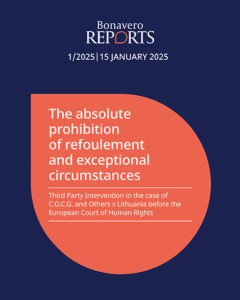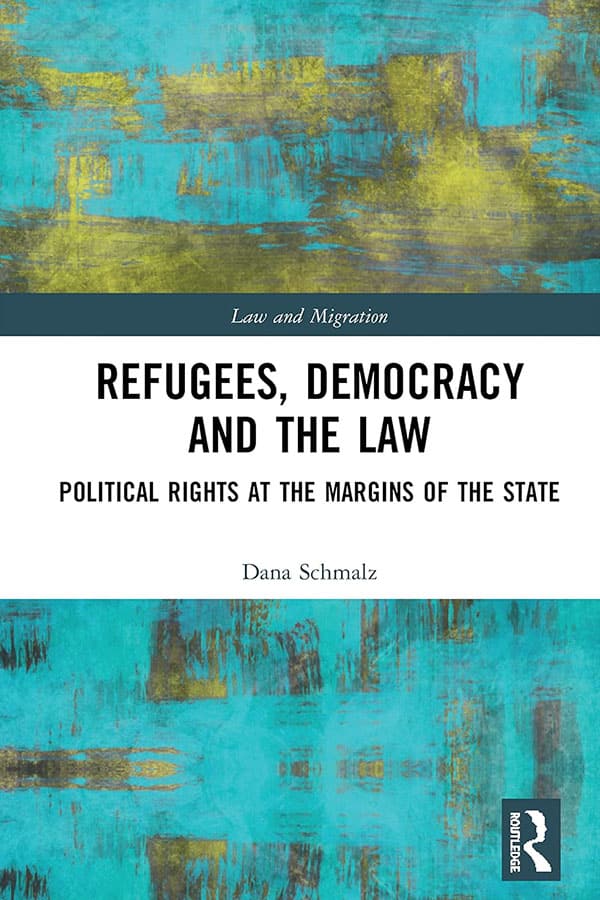Migration is a field of research pursued across many Institutes of the Max Planck Society, not least by researchers within the Max Planck Law network. Scholars in this network engage with a wide range of contemporary issues, often combining doctrinal, empirical, and theoretical approaches. At the 2025 Annual Conference of the Socio-Legal Studies Association (SLSA), for instance, Katharina Ebner, PhD Candidate , presented a paper examining how EU lawmakers conceptualize the transnational dimension of labour migration in legislative and executive initiatives. Likewise, Angélica Cocomá, also a PhD Candidate at the same Institute, delivered a paper on the exclusionary effects of the EU Blue Card’s definition of ‘high-skilled migrant’, arguing that the prevailing salary-based approach risks undermining the aspirations of those seeking entry into the EU labour market.
From investigations into vulnerability in asylum and migration systems, to questions of migrant ‘instrumentalization’, to pressing issues concerning human rights at international borders, and to the evolution and core issues of refugee law, the following offers a brief snapshot of some recent publications by Max Planck Law scholars on migration.






